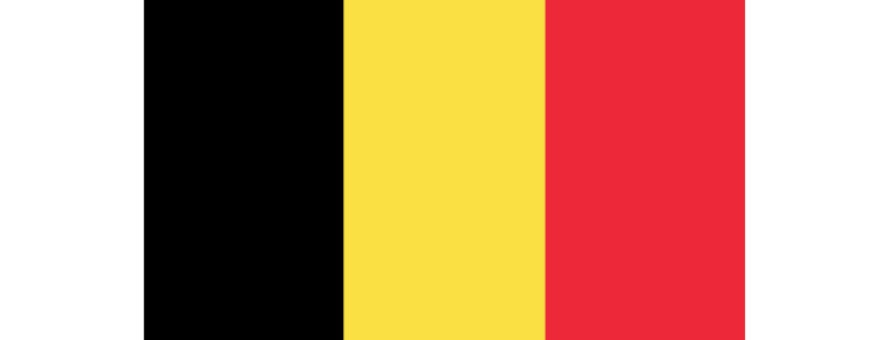COVID-19: The Concertation Committee gives green light to the opening of non-essential shops and specifies the coronavirus control measures for the Christmas season
On November 27th, the Concertation Committee discussed the epidemiological situation in Belgium. Despite the slight improvement in the health situation, the country remains at Covid alert level 4. The Concertation Committee took the following decisions:
Reopening of shops under strict conditions:
Non-essential shops can reopen from 1 December 2020. However, strict hygiene conditions will apply:
- Strict observance of basic rules, such as washing hands, keeping distance, wearing a mask;
- Preventive measures must be visibly announced to all visitors, including staff and suppliers;
- Hydroalcoholic hand gel must be available at the entrance; everyone entering the shop must disinfect their hands;
- Staff must be properly trained;
- Purchases are made individually with an adult for each shopping session. The company of children up to and including the age of 18 is limited as far as possible;
- The visit to the shop should be as short as possible and last a maximum of 30 minutes.
- The shop is also responsible for managing the queue outside the shop. Supervision of customers waiting outside the shop should be organised in such a way that the rules of physical distance are respected. The organisation outside the shop is done according to the guidelines of the local authorities.
The conditions also affect the maximum number of customers per square meter of accessible surface:
- For shops, the rule of 1 customer per 10 square metres of accessible area applies
- Shops of less than 20 m² can receive a maximum of 2 customers at a time, provided that the distance rules are respected;
- Large shops of more than 400 m² must compulsorily provide access control;
- Access to shopping centres, shopping streets and car parks must be organised by the competent municipal authorities, in accordance with the instructions of the Minister of the Interior, in such a way as to respect distance rules, in particular the maintenance of a distance of 1.5 metres between each person.
Museums and swimming pools may be opened in accordance with the protocol for their sector.
The Christmas period:
Also, during the Christmas period, the rules on social contacts remain applicable. In the interests of psychosocial well-being, single people can invite two close contacts at the same time, either on 24th or 25th December.
For meetings abroad, the rule of four still applies.
The curfew between 00h00 and 05h00 remains in force, as does the general ban on meetings. A general ban on the sale and release of fireworks also applies.
Reinforced travel controls:
For persons who have been abroad for more than 48 hours and will remain in Belgium for more than 48 hours, the police will carry out reinforced controls:
- The obligation to fill in a passenger locator form;
- Compliance with the compulsory quarantine.
All the above measures will be in force until 15th January 2021. An assessment based on medical indicators will be carried out at the beginning of January to determine whether a transition to the management phase is possible (see below) and for which sectors.
Downhill phase and management phase:
The Concertation Committee also decided to work in two phases on health management:
- A downstream phase during which it is necessary to reduce the figures linked to pollution as quickly as possible by means of strict measures;
- A management phase during which sector-specific protocols are in force. The sectoral protocols, which exist in various versions depending on the level of alert, are therefore reduced to a single protocol per sector, which is applied during the management phase and defines how to behave in a company that offers a sufficient level of protection against coronavirus.
To move from the downstream phase to the management phase, the incidence rate will have to be low for a sufficiently long period of time. In addition, not all sectors will be in the same phase at the same time. This will depend largely on the epidemiological risk posed by the sector.
Source: info-coronavirus


